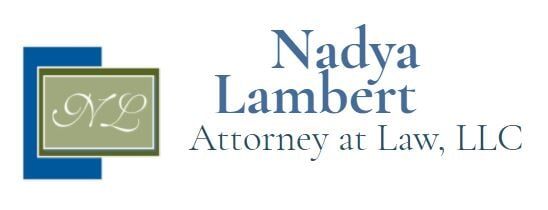Frequently Asked Questions & Forms
FAQ's
What should I bring to my initial appointment?
Estate Planning clients need to bring their completed Estate Planning
worksheet which is available below. You can either fill it in online or print
it and complete it by hand. You should also bring any estate planning documents
you have such as existing trusts, wills or powers of attorney. Your worksheet
should be filled out to the best of your ability as it provides us with an
opportunity to quickly "issue spot" and make the most of your time
with your legal professional.
The information requested on these worksheets may seem like none of our business,
but it is very important that an estate planner understands your present
situation and your goals for the future. The proper handling of your affairs,
should you become incompetent or pass, is largely determined by how you own
assets while you are alive, and whether you have named the most competent and
trustworthy person to handle your estate.
These worksheets are designed to ensure that we have the information we need to recommend and create an optimal plan. The ultimate objective of planning is to make things as easy as possible for your loved ones, or those you wish to benefit from your life’s work.
These worksheets are designed to ensure that we have the information we need to recommend and create an optimal plan. The ultimate objective of planning is to make things as easy as possible for your loved ones, or those you wish to benefit from your life’s work.
Download - Individual
Contact Us
GET THE LEGAL HELP YOU DESERVE!








